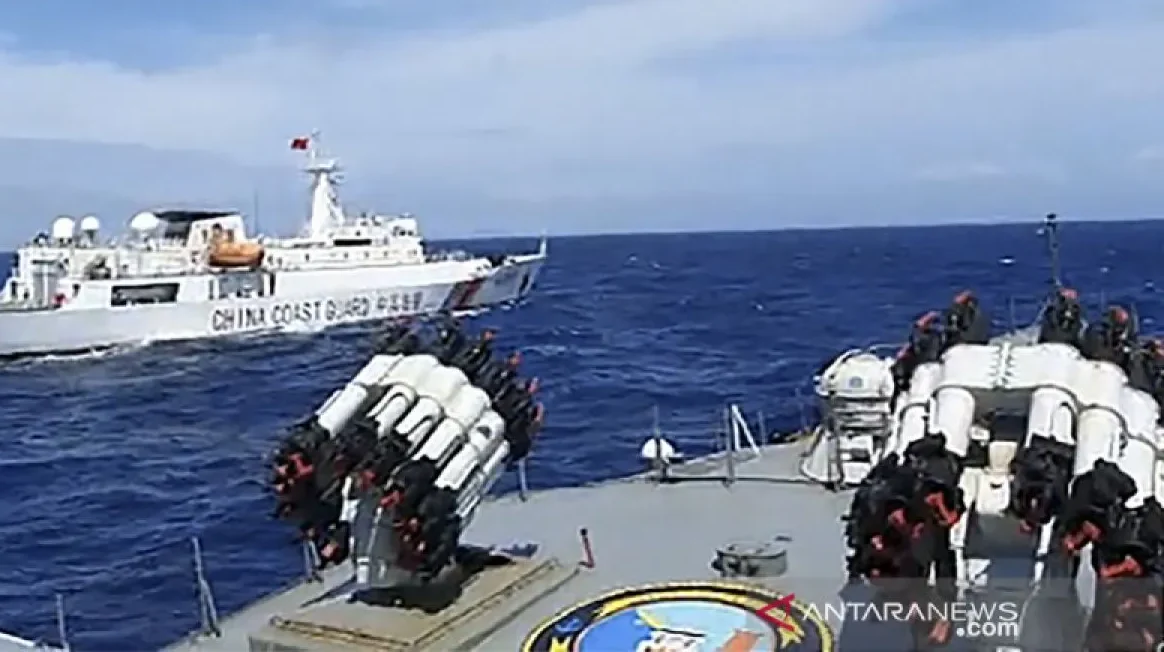Jakarta: As one of the largest countries in Asia, Indonesia—without a doubt—must participate in resolving the disputes in the South China Sea (SCS).
Besides maintaining the maritime sovereignty of Indonesia, the disputes need to be resolved to prevent conflicts between Asian countries, which could cause regional and economic instability.
The territorial disputes in the SCS involve China, Malaysia, Brunei, the Philippines, Taiwan, and Vietnam.
The disputes started to escalate after China released a map that it created based on its history. The map showed a nine-dash line around the SCS, which marked China’s claims over the region.
China later released a new map with a ten-dash line that overlapped with Indonesia’s Exclusive Economic Zone (EEZ) in the North Natuna Sea.
This led to Indonesia stepping in to strengthen its maritime sovereignty while defusing tensions.
Strengthening military forces has also become one of the government’s priorities to anticipate SCS conflicts.
“The government is encouraging major project programs in an effort to strengthen the security of the Natuna Sea through sufficient defense equipment and increasing facilities and infrastructure of TNI (Indonesian military) integrated units,” said Coordinating Minister for Political, Legal, and Security Affairs, Hadi Tjahjanto.
He made this statement during a discussion held by the Indonesia Strategic and Defense Studies (ISDS) research group in Jakarta in March.
The Indonesian Navy (TNI AL) can play a role in guarding maritime borders, while the Indonesian Air Force (TNI AU) can help carry out regional reconnaissance to safeguard border points.
The measures taken by the government to strengthen border security include pursuing mastery of defense equipment, improving human resource quality, and updating technology.
In addition to focusing on bolstering maritime defense, Indonesia is also participating in building peace through diplomacy.
The country is doing so through a non-military approach. In 2023, the Association of Southeast Asian Nations (ASEAN) and China agreed to conclude negotiations on the code of conduct (COC) in the SCS in three years.


